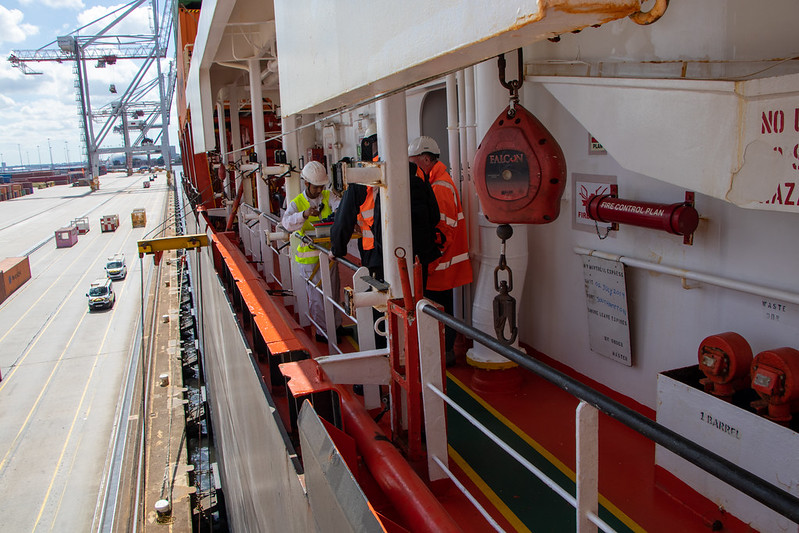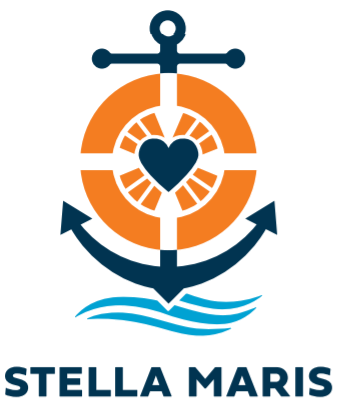
Martin Foley, Chief Executive of Stella Maris, has joined growing international calls to give seafarers designated “key worker” status during the Covid-19 pandemic.
Speaking in an interview to Lydia O’Kane from Vatican News, Martin added his voice to the more than 300 NGOs, companies and trade unions that have in recent weeks signed the “Neptune Declaration on Seafarer Well-being and Crew Change”, which calls for seafarers to be recognised as “key workers” during the Covid-19 pandemic.
An estimated 400,000 seafarers are currently at sea or docked on board vessels in ports around the world, who do not know when they will be able to return home. Indeed, Martin told Lydia that on the same morning as the day of their interview, he had just been in contact with a seafarer from Samoa, who had been on board his vessel since May 2019 and was desperate to get home to see his family.
Regarding the vital role that seafarers continue to play during these challenging times, Martin also highlighted the fact that “the vaccinations that we’re all depending upon are brought to our shores on ships, by seafarers” adding that “it seems to me slightly unfair, that the very individuals who are transporting these vaccinations to our shores… are not themselves at the front of the queue for these vaccinations.”
Martin also spoke of the fact that our supermarket shelves have continued to be stocked throughout this pandemic, stating that this “is a testament to the hard work of seafarers and is another argument in favour of recognising seafarers as key workers.”
The interview with Vatican News came on the same day that the BBC reported on the plight of seafarers stuck at sea. The BBC article quoted Margi Van Gogh from the World Economic Forum (WEF), who labelled the situation as a “deepening humanitarian and economic crisis.” She also said that “Unified, prompt action from governments and other key stakeholders is needed to protect the lives and livelihoods of the 1.6 million seafaring men and women who serve us all across the seas, and who continue to face extreme risk to their safety and earnings.”
Both the Vatican News interview and the BBC article highlighted the heightened risk to the physical and mental health and well-being of seafarers, who have been kept on board their vessels in many cases for much longer than their original contracts.
In his interview, Martin told Lydia that “there is a reason why seafarers contracts are normally around six to twelve months; and that’s because a seafarer, during his or her contract, is working seven days a week – and that work exerts quite a psychological, as well as physical toll on seafarers. And the longer they are remaining on board after the expiry of their contracts, the greater the likelihood that they will succumb to either some kind of psychological trauma, or physical trauma, or that there will be an accident on board their vessel. So it’s really important for seafarers whose contracts have expired, that they are repatriated to their countries of origin as soon as is possible.”
The comments from the World Economic Forum and Stella Maris follow on from a statement made the previous week (19th January) by the International Chamber of Shipping (ICS), who renewed their call to governments to put seafarers and frontline maritime shore workers at the head of the vaccine queue and to designate seafarers as key workers.
The General Assembly of the United Nations adopted a resolution (without a vote) on 1st December 2020, urging Member States to designate the world’s two million seafarers and other maritime personnel as key workers in the context of the COVID‑19 pandemic.

